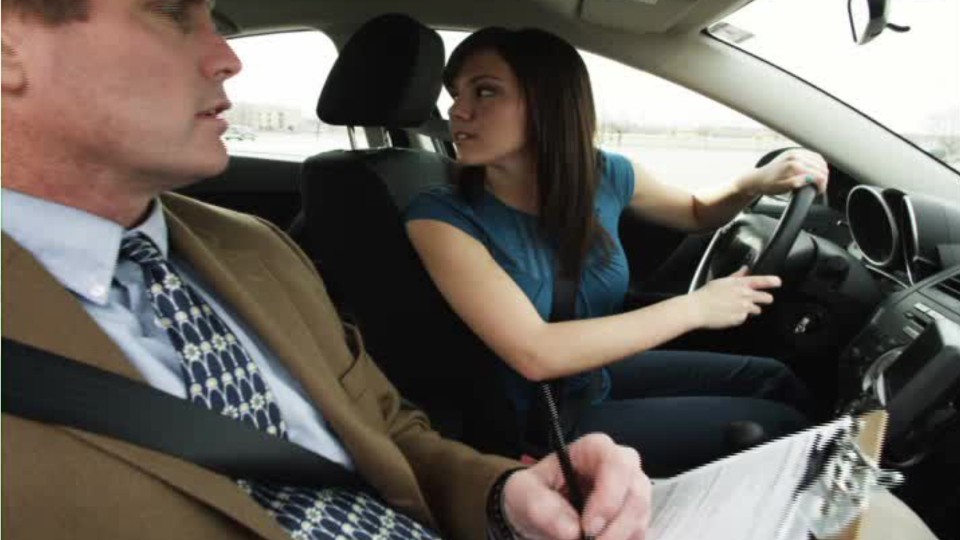Compliance Officers
Driver License Examiner, License Examiner, Motor Vehicle Clerk, Public Service Representative (PSR)
What they do:
Examine, evaluate, and investigate eligibility for or conformity with laws and regulations governing contract compliance of licenses and permits, and perform other compliance and enforcement inspection and analysis activities not classified elsewhere.
On the job, you would:
- Warn violators of infractions or penalties.
- Evaluate applications, records, or documents to gather information about eligibility or liability issues.
- Advise licensees or other individuals or groups concerning licensing, permit, or passport regulations.
Knowledge
Safety and Government
- law and government
- public safety and security
Arts and Humanities
- English language
Business
- customer service
- management
Engineering and Technology
- computers and electronics
Skills
Basic Skills
- reading work related information
- talking to others
Problem Solving
- noticing a problem and figuring out the best way to solve it
Social
- understanding people's reactions
- talking people into changing their minds or their behavior
Abilities
Verbal
- communicate by speaking
- communicate by writing
Ideas and Logic
- use rules to solve problems
- notice when problems happen
Personality
People interested in this work like activities that include data, detail, and regular routines.
They do well at jobs that need:
- Cautiousness
- Integrity
- Attention to Detail
- Dependability
- Self-Control
- Cooperation
Technology
You might use software like this on the job:
Data base user interface and query software
- Database software
- Microsoft Access
Presentation software
- Microsoft PowerPoint
Spreadsheet software
- Microsoft Excel
Education
Education: (rated 4 of 5)
Job Outlook
Average
New job opportunities are likely in the future.
Explore More
- Compliance Managers
- Eligibility Interviewers, Government Programs
- Environmental Compliance Inspectors
- Government Property Inspectors & Investigators
- Regulatory Affairs Specialists
You might like a career in one of these industries:
See more details at O*NET OnLine about Compliance Officers.






